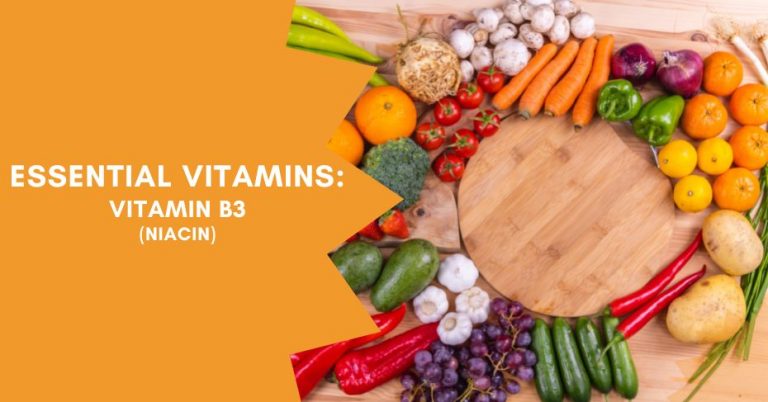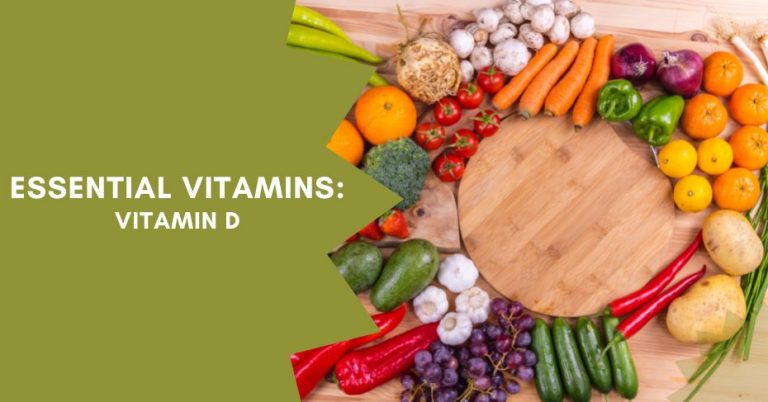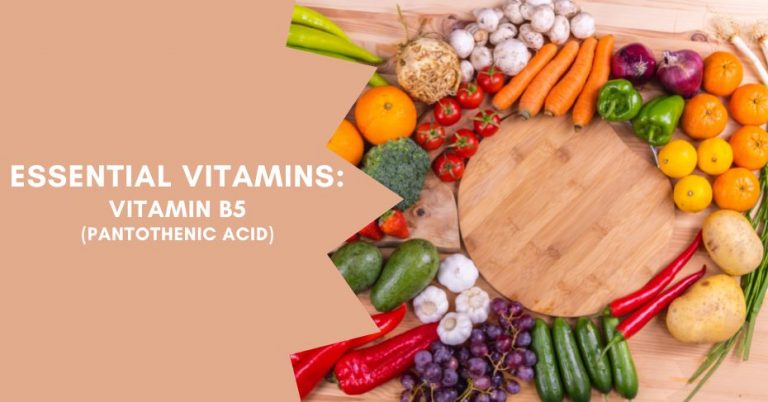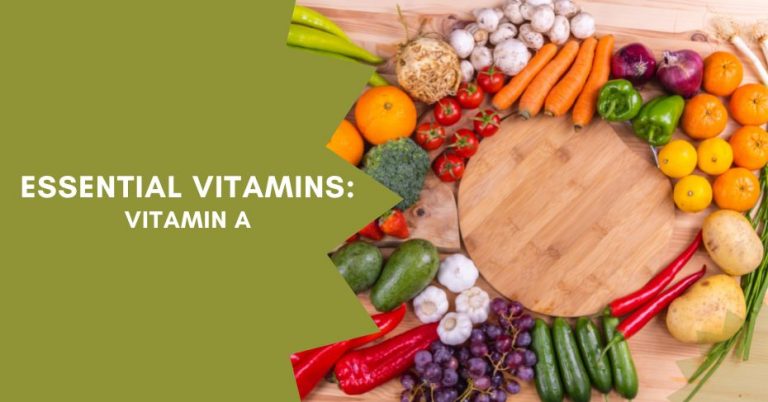If you’re looking to stay healthy, it’s important to understand the vital role of calcium in your body. Calcium is one of the essential minerals for human health, and plays a key role in maintaining strong bones and teeth, as well as aiding other bodily functions. Let’s explore why calcium is so important and how you can make sure you’re getting enough of it in your diet.
What Does Calcium Do?
Calcium helps build strong bones and teeth by providing structure to them. It also helps muscle contraction, maintains a regular heartbeat, facilitates nerve transmission, and assists with other functions in the body that are important for overall health. Some studies suggest that calcium can also reduce the risk of colon cancer.
How Much Calcium Do I Need?
The amount of calcium you need depends on your age and gender. Generally, adults between 19-50 should have 1,000 mg of calcium daily while adults over 50 should aim for 1,200 mg per day. Women who are pregnant or lactating may need more than this amount as well as women who are menopausal or postmenopausal due to bone loss caused by hormonal changes during this time. For specific recommendations based on your age and lifestyle habits, check with your healthcare provider or a registered dietitian nutritionist (RDN).
Where Can I Find Calcium?
There are plenty of food sources that contain calcium such as dairy products (milk, yogurt, cheese), dark green leafy vegetables (spinach, kale), fish with soft bones like canned salmon and sardines), beans (white beans soybeans), nuts (almonds) dried fruits (raisins), fortified fruit juice and fortified breakfast cereals. If you don’t get enough from food sources alone, you may want to consider taking a supplement as well — just make sure to talk to your healthcare provider first before doing so!
Benefits of Calcium
Calcium is perhaps best known for its role in helping build strong bones and teeth. It helps the body absorb other minerals, like iron, zinc, phosphorus, magnesium, and Vitamin D. Calcium also plays a role in helping regulate your heart rate and blood pressure by contracting muscles—including your heart—and allowing them to relax when needed. Furthermore, calcium helps with nerve signals throughout the body as well as brain function.
Foods High in Calcium
You can find plenty of foods that are naturally high in calcium such as dairy products like milk and cheese, dark green leafy vegetables like kale or spinach, almonds and sesame seeds, canned fish with soft bones (like salmon), tofu made with calcium sulfate, fortified cereals and juices, dried fruits like apricots or figs; legumes such as white beans or chickpeas; soybeans; whole grain breads; citrus fruits like oranges; and broccoli. Supplements are also available if you feel you’re not getting enough from food sources alone.
Bottom Line
Calcium is an essential mineral that plays an important role in keeping our bodies functioning properly from building strong bones to aiding digestion. If you want to make sure you get enough calcium in your diet then it’s important to incorporate lots of dairy products (or dairy alternatives), dark green leafy vegetables, nuts and seeds, legumes, whole grains, citrus fruits, fortified cereals/juices/breads, canned fish with soft bones, broccoli as well as tofu into your diet every single day. However if you find this difficult then speaking to your doctor about supplements may be necessary. Remember too much calcium can cause health issues so it’s always best practice to speak with a medical professional first before taking any supplements or making drastic changes to your diet. With the right balance of food sources plus supplementation if necessary, you can make sure you get the daily recommended amount of dietary calcium needed for optimal health!





